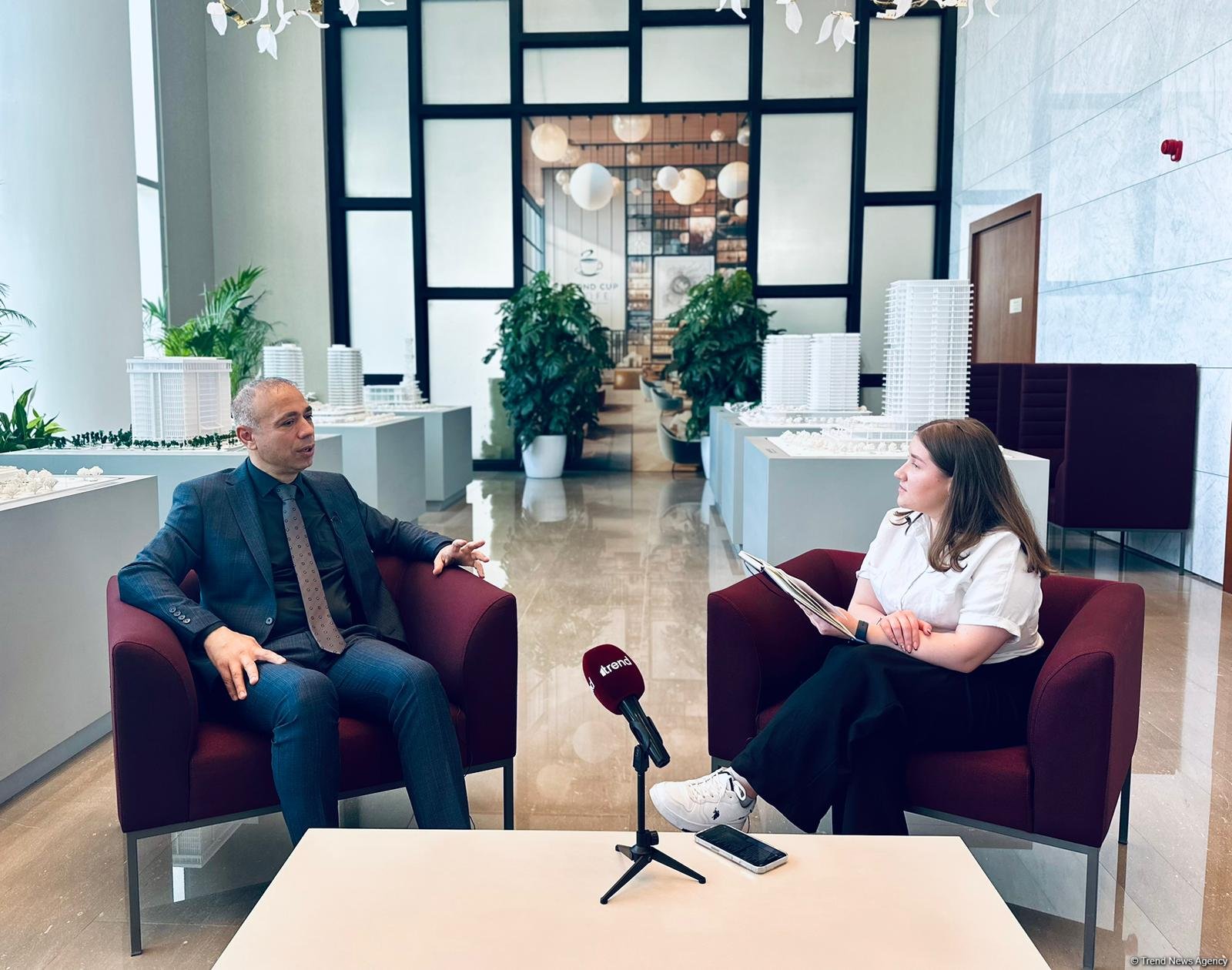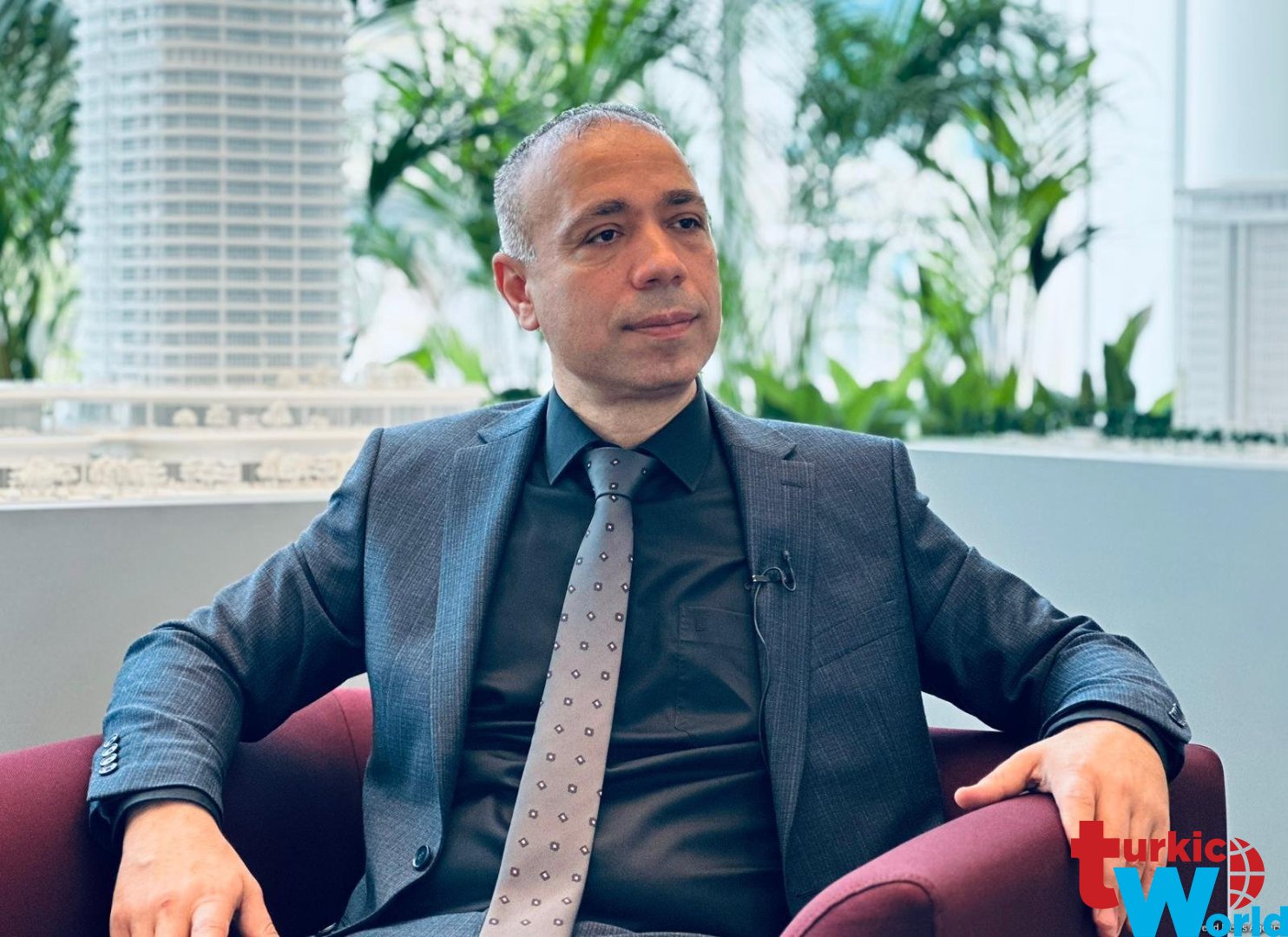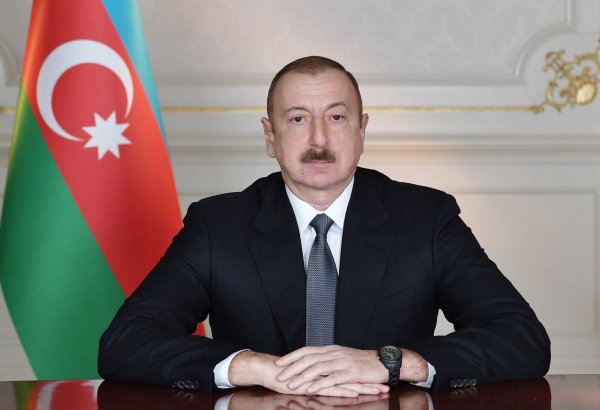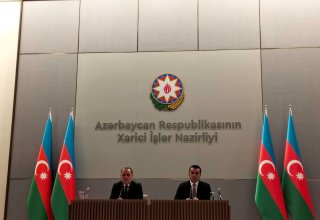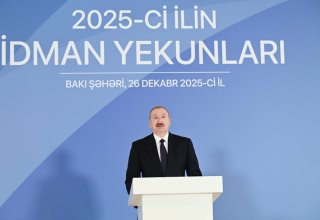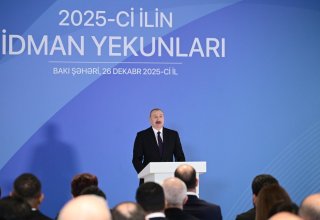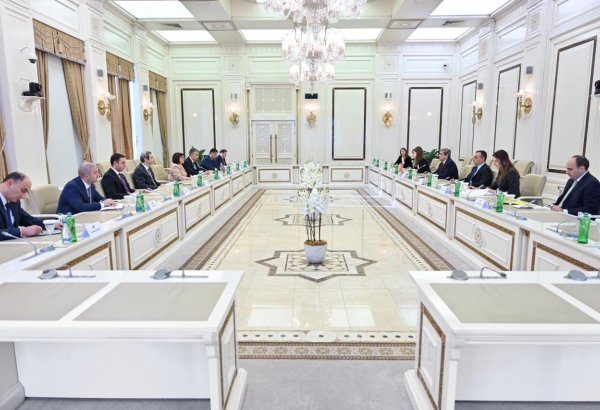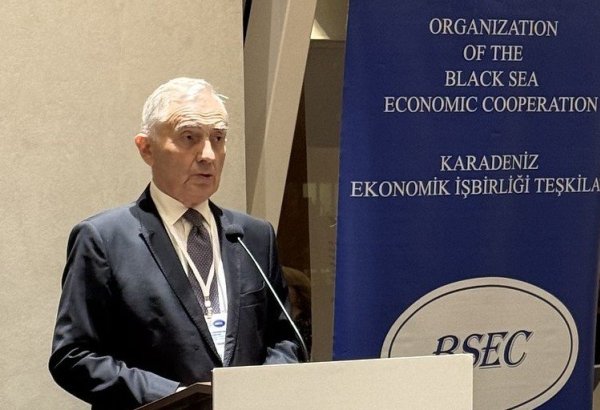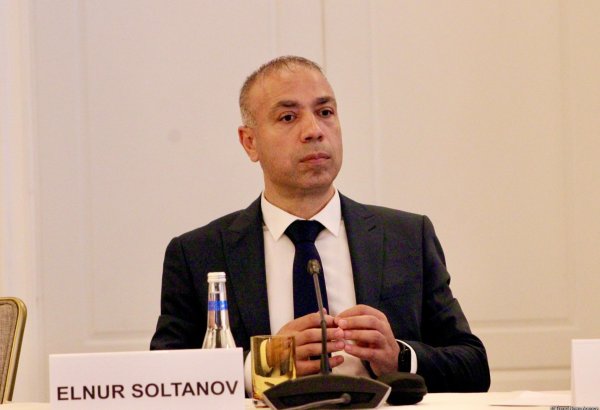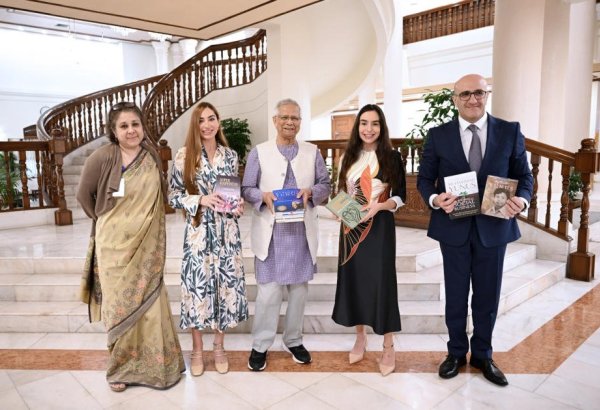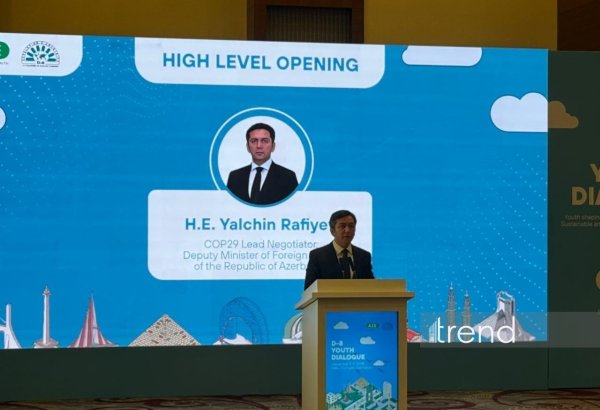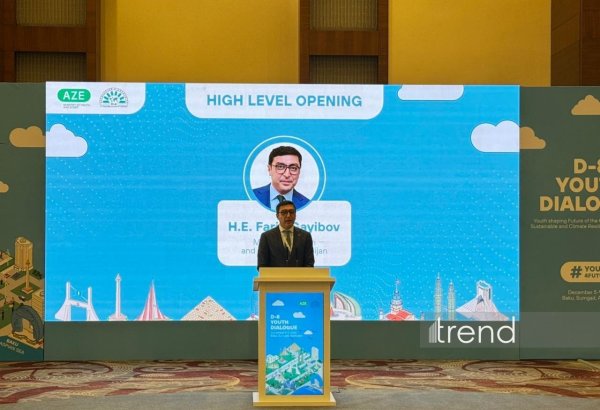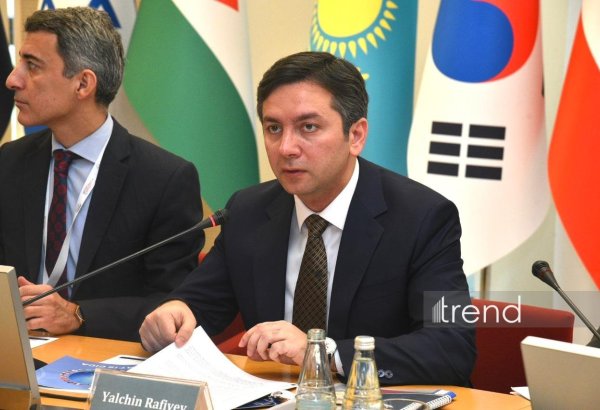BAKU, Azerbaijan, July 2. Azerbaijan gained pivotal role in leading global climate discussions this year, Elnur Soltanov, Deputy Minister of Energy, COP29 CEO, told TurkicWorld in an exclusive interview.
"The international community has entrusted Azerbaijan with guiding the negotiation process, which includes specific mandates and crucial issues known as negotiation items. The negotiation track, overseen by United Nations bodies such as the CCC Secretariat, outlines mandated events that Azerbaijan, in collaboration with UN entities, will lead and conclude," Soltanov explained.
He emphasized the importance of consensus in the negotiation process, where all parties must agree on decisions. Azerbaijan also holds autonomy through its presidential action agenda, determining national priorities in tackling global warming issues.
Regarding the key negotiation issues, Soltanov identified finance as paramount, particularly in supporting developing countries under the Paris Agreement. Discussions during COP29 will focus on increasing the agreed $100 billion fund, crucial for global climate action.
"Article 6, centered on carbon markets, presents another critical issue," Soltanov continued. "It aims to create a framework where greenhouse gas reductions in one country can be traded to benefit others, fostering global cooperation and financial incentives".
Biennial Transparency Reports (BTRs) are crucial for fostering trust and accountability in global climate action, emphasized Elnur Soltanov. He underscored the Paris Agreement's principle of "common but differentiated responsibilities and respective capabilities," noting disparities where small island developing countries contribute minimally to emissions yet face significant climate impacts.
He highlighted the importance of transparent reporting in ensuring effective use of financial support and building trust among nations. BTRs facilitate this by detailing financial flows and mitigation efforts under the Paris Agreement's transparency framework.
As the BTR submission deadline nears, Soltanov noted that about 60 countries, including Azerbaijan, are preparing their reports. He emphasized the need to support least developed and small island states in participating fully in the transparency process. "We must provide these nations with necessary resources," the CEO added, reaffirming Azerbaijan's commitment to transparency and global climate leadership.
The CEO also highlighted the unresolved but significant Loss and Damage Fund, crucial for addressing impacts on developing and vulnerable nations due to past development models.
Addressing energy transition, Soltanov underscored the role of natural gas as a transitional fuel recognized at COP28, balancing emissions reduction with energy security. In this regard, Azerbaijan's commitment to the global methane pledge through SOCAR further demonstrates its proactive stance on emission control.
“Natural gas is required for the future to be recognized as a transition fuel. This is very important before we get rid of the pollution and gas emissions. Greenhouse gas emissions remain a problem; even the global stocktake decision at COP28 recognizes natural gas as a transition fuel. This is because it's the least polluting of all the fossil fuels that we have. But at the same time, methane emissions have to be controlled very carefully because, unlike oil and unlike coal to an extent, natural gas itself is a very potent greenhouse gas,” he elaborated.
At the same time, Azerbaijan, renowned for its energy corridors, is shifting focus to green corridors, Soltanov pointed out. He highlighted the EU-backed Green Energy Corridor initiative, aiming to export offshore wind-generated electricity to Europe via Georgia, the Black Sea, Romania, and Hungary.
"A joint venture is imminent, with initial feasibility assessments showing strong prospects and attracting foreign investment," Soltanov reveals. Regional cooperation includes a pioneering trans-Caspian cable project with Azerbaijan, Kazakhstan, and Uzbekistan, leveraging Central Asian renewable resources to meet European electricity demand. The initiative promises enhanced energy security and sustainable development.
Looking ahead, Soltanov expressed optimism about COP29's outcomes, emphasizing measurable action on reducing greenhouse gas emissions as the ultimate metric of success. He pointed to Azerbaijan's historical role in regional stability and energy security as a testament to its global climate leadership.
"With COP29 continuing through 2025 and culminating in the Azerbaijan-hosted conference in November, our goal is clear: tangible reductions in emissions that benefit both Azerbaijan and the world," Soltanov concluded, confident in Azerbaijan's ability to deliver impactful climate solutions on the global stage.
View the full interview below.
